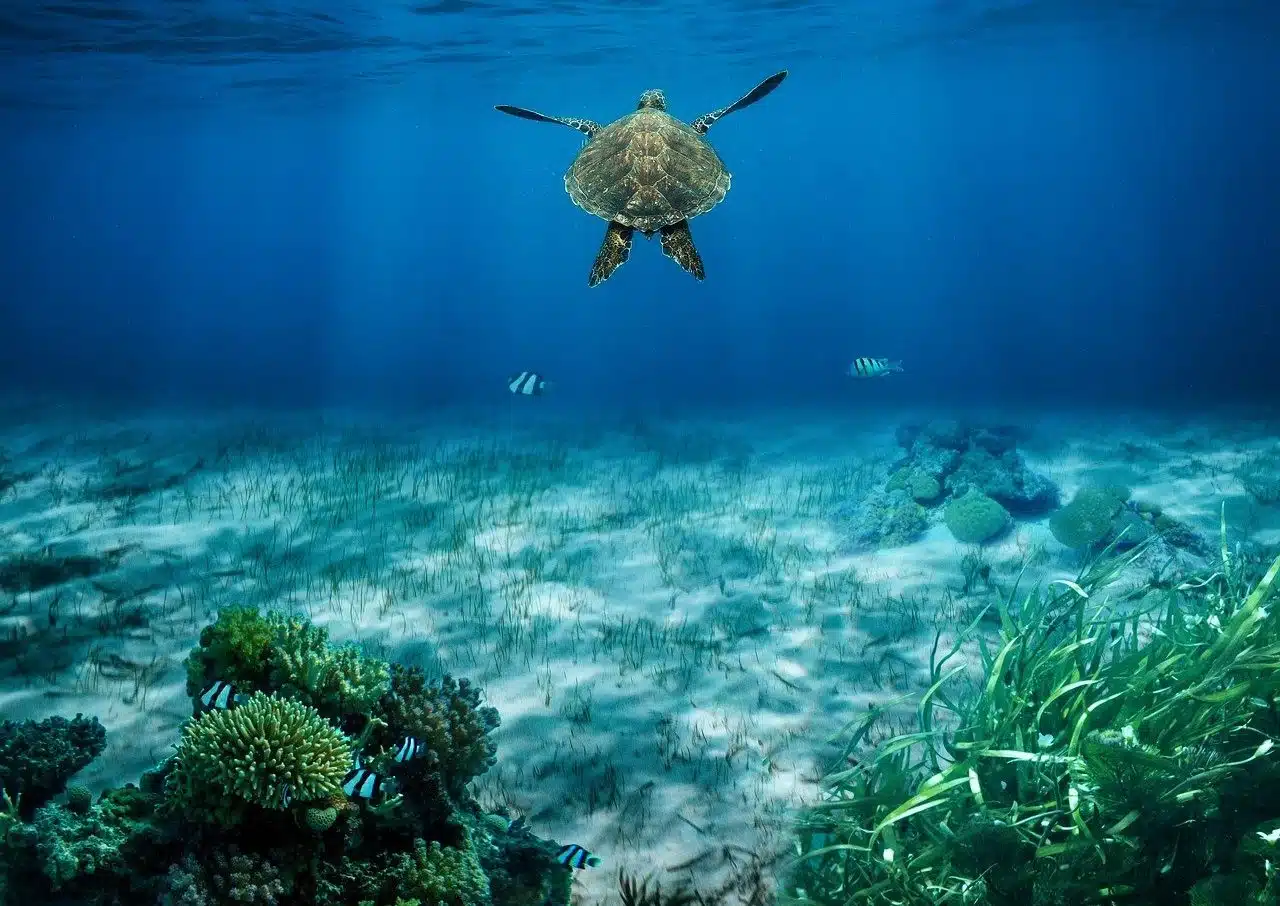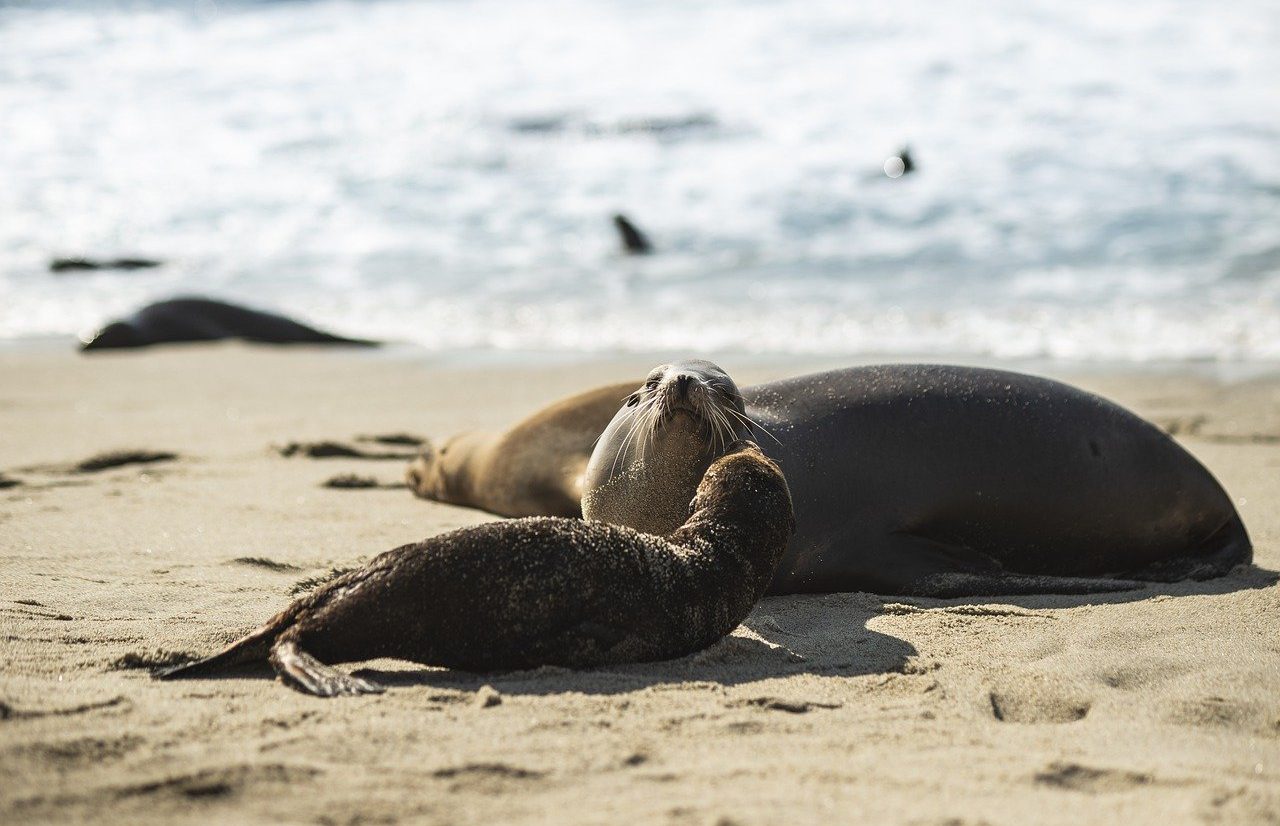
Marine biology is the scientific specialty that studies the beings that live in the sea.
Marine biology is the scientific specialty aimed at the analysis of organisms that live in the sea . Study, therefore, the animals and plants of the oceans .
Before entering fully into the definition of the concept, it is necessary to know the etymological origin of the two words that give it shape:
- Biology is a word of Greek origin. It is the result of the addition of the noun bios , which is synonymous with "life" ; and from the word logy , which can be translated as "science."
- Marina , on the other hand, derives from the Latin term marinus meaning "relating to the sea." It is composed of the name mare , which is equivalent to "sea" ; and the suffix -ina , which is used to indicate belonging.
What is marine biology
It can be said that biology is the science that is dedicated to studying the composition, development, links and functions of living beings. Marine , for its part, is that linked to the sea (a body of salt water).
Marine biology covers notions of biology , geography , physics , chemistry and geology to understand the different phenomena that occur in marine ecosystems. If we take into account that more than 70% of the surface of planet Earth is covered by oceans, the relevance of marine biology is evident.

A wide variety of animals are part of the subject of study of marine biology.
Vocational training
Precisely because of the importance of marine biology, there are many universities around the world that allow you to study this career. It is established that it seeks the training of marine biologists who have the following characteristics:
- That they have the theoretical knowledge and skills to investigate and work with marine and coastal living beings.
- That they have everything essential to participate in the design of production processes.
- That they work to respect marine diversity and ensure its well-being and survival.
In order to achieve these characteristics, in the degree they will study everything about the structure of living beings, the set of coastal and marine organisms, scientific research methodologies, the interactions of the environment with marine and coastal species and the management of marine biodiversity. .
Due to the immense variety of species that live in the sea, marine biologists often work with very diverse animals. Zooplankton , for example, are made up of microorganisms that float in water. Whales , on the other hand, are other aquatic animals that can measure 15 meters and weigh about 40 tons. Both zooplankton and whales are part of marine biology studies.
Marine biology and pollution
It is important to keep in mind that water pollution wreaks havoc on marine life.
That is why marine biology tries to preserve the species that live in the sea through various actions, such as the development of awareness campaigns to warn about certain human actions that are destroying aquatic ecosystems.
